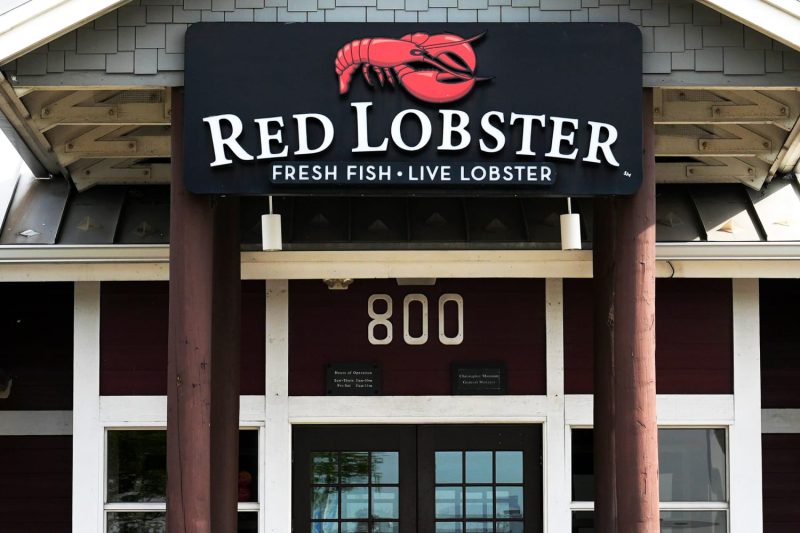In a tumultuous chain of events that have unfolded within the realm of the restaurant industry, the saga of Red Lobster serves as a striking tale that sheds light on the intricate interplay between private equity and corporate strategies. Once a beacon of American seafood dining, Red Lobster found itself engulfed in a storm of challenges that threatened its very existence. It wasn’t the famed Endless Shrimp that spelled doom for the restaurant chain; rather, it was the relentless grip of private equity that squeezed the life out of the beloved brand.
Red Lobster’s descent into turmoil can be traced back to its acquisition by Darden Restaurants in 1995. Despite its initial success under Darden’s ownership, a pivotal moment arrived when the company faced pressures from activist investors to boost shareholder value. In response, Darden made the fateful decision to divest Red Lobster in 2014, setting off a chain of events that would alter the course of the seafood chain’s destiny.
Golden Gate Capital, a private equity firm, emerged as the winning bidder for Red Lobster, acquiring the chain for a staggering $2.1 billion. The move raised eyebrows within the industry, with critics questioning whether a private equity firm with no prior experience in the restaurant sector could successfully steer Red Lobster towards prosperity. Indeed, Golden Gate Capital’s approach to managing the chain would prove to be a contentious issue that reverberated throughout the company’s operations.
One of the key strategies implemented by Golden Gate Capital was a focus on cost-cutting measures aimed at boosting profitability. While such tactics are common in the world of private equity, the relentless drive to trim expenses at all costs had unintended consequences for Red Lobster. The chain’s reputation for quality and customer experience suffered as a result of austerity measures that compromised the dining experience for patrons.
Moreover, Red Lobster found itself caught in a downward spiral of declining sales and diminishing brand appeal. The chain’s struggles were further exacerbated by external factors such as changing consumer preferences and increased competition within the restaurant industry. As Red Lobster grappled with these challenges, the specter of private equity loomed large, influencing decisions that prioritized short-term gains over long-term sustainability.
The tumultuous journey of Red Lobster serves as a cautionary tale for companies navigating the complex terrain of private equity ownership. While financial considerations are undeniably crucial, it is essential for businesses to strike a delicate balance between profitability and preserving the core values that define their brand. In the case of Red Lobster, the heavy hand of private equity proved to be a double-edged sword, leading to a decline in customer satisfaction and a tarnishing of the brand’s once-glowing reputation.
As the restaurant industry continues to navigate a landscape fraught with challenges, the story of Red Lobster stands as a testament to the enduring impact of corporate decisions on the fate of beloved brands. While the allure of private equity can offer a lifeline to struggling companies, the price of such a partnership may come at the cost of sacrificing the essence of what made those brands beloved in the first place. In the turbulent waters of the business world, the tale of Red Lobster serves as a sobering reminder of the perils that await those who stray too far from their true identity in the pursuit of profit.




























